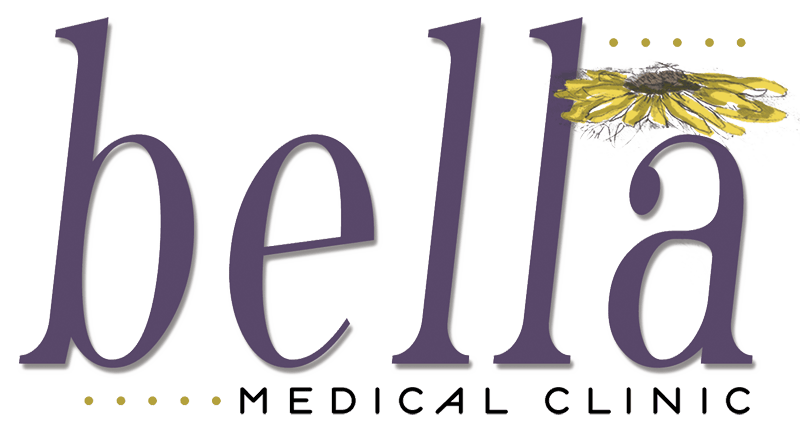If you have had unprotected sex recently and are considering your options, be sure you find out all the facts first about what might be best for you and your unique needs before taking medication.
Plan B (or the morning-after pill) and abortion pills may seem similar in function. But, in reality, they are quite different medications with distinct applications. The abortion pill terminates an early pregnancy up to 10 weeks gestation. On the other hand, Plan B can be considered a preventative super-dose of birth control typically taken soon after unprotected sex.
Read further for a few more things you should know to prioritize your health and determine what might be best for you.
What Is The Abortion Pill?
What is commonly known as the abortion pill is actually a series of two medications – mifepristone and misoprostol. You may also hear this referred to as medical or medication abortion.
Mifepristone, the first dose, keeps the body from producing any more progesterone (a pregnancy hormone), which causes the pregnancy to stop growing and detach from the uterus.
Then, the second dose, misoprostol – which is typically taken a day later – causes cramping in the uterus, pushing the pregnancy from the body through the vagina.
Taking the abortion pill is a serious medical undertaking and has potential physical risks such as incomplete abortion, heavy or prolonged bleeding, infection, or fever.
Is The Abortion Pill An Option For Anyone?
The use of the abortion pill to terminate early pregnancies is approved by the FDA for pregnancies up to 10 weeks gestational age. Going against this recommendation by taking abortion pills past 10 weeks of pregnancy could put you at serious risk of severe medical complications.
Some women should not take the abortion pill due to existing conditions or complications, such as women who have an IUD (intrauterine device), preexisting blood or heart disorders, or who take one of the over 200 medications that have negative interactions with abortion pill drugs.
It is also vital to be aware that ectopic pregnancies (pregnancies growing outside of the uterus – a serious medical complication) are not resolved by taking abortion pill medication. Other emergency medical care is required in these scenarios.
How Do I Assess My Risk?
Perhaps by the date of your last period, it might be possible to estimate how far along in pregnancy you might be. This is helpful to get a general idea, but the only way to know for sure is to confirm gestational age and other unique facts about your pregnancy through an in-person ultrasound exam with a medical professional.
This safe and easy medical procedure can give you a lot of information about your unique scenario that may help you navigate your next steps, such as what options are available to you, given how far along you are, and if certain medical complications (like ectopic pregnancy) are a concern.
What Is Plan B?
Plan B refers to the name brand of emergency contraception, often known as the morning-after pill. There are a few different types of emergency contraception options – Plan B contains the medication levonorgestrel.
This medication is intended to prevent pregnancy by stopping the process of ovulation (the release of an egg), impeding fertilization if an egg is released, or stopping an embryo from implanting in the uterus. As the name implies, it is meant to be taken immediately after unprotected sex – but it is not always effective in preventing pregnancy.
Plan B or other emergency contraceptives should not be relied upon for a long-term birth control method. It also does not prevent STDs. Plan B and other emergency contraceptives have potential physical side effects, such as nausea, dizziness, or fatigue.
Can Anyone Take Plan B?
The Mayo Clinic cautions that the morning-after pill may not be appropriate for everyone, particularly women who have allergies to the medication or who are taking other medications that could counteract the effects. As with taking any medication, consulting with a doctor before proceeding is always a good rule of thumb to prioritize your health.
Learn More About Your Options Today
Pregnancy scares can be a lot to navigate, we understand. There are a lot of options to consider, and knowing what to do next can be difficult.
Your best possible next step is to consult with a trusted medical professional to get answers about your unique medical needs and learn what options might be available to you. Talking through your options with someone may also help to put your mind at ease.
At Bella Medical Clinic, we are here to help with free medical pregnancy services as well as a safe space to navigate your pregnancy decision. Schedule your free appointment today to learn more about your options and get your questions answered.







